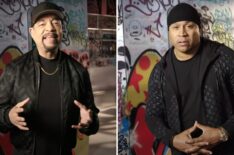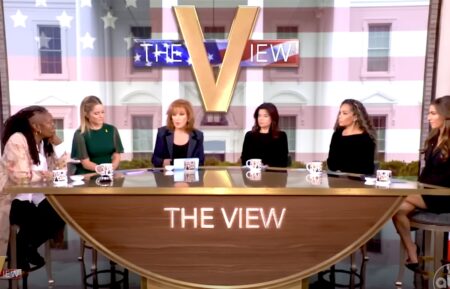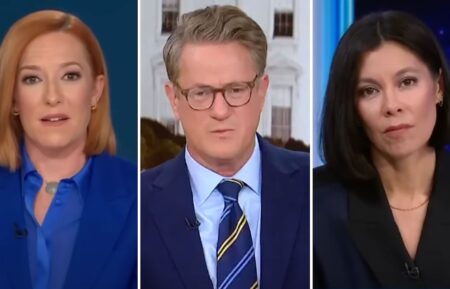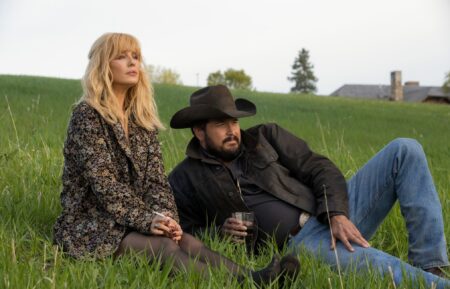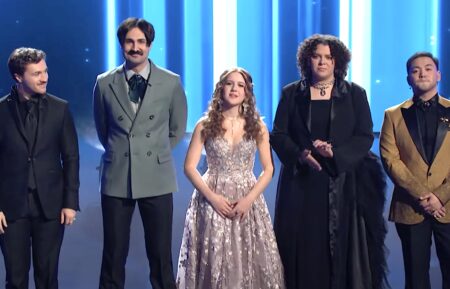‘Hip Hop Treasures’: Yolanda ‘Yo-Yo’ Whittaker on Hunting for Memorabilia & Hanging With Coolio
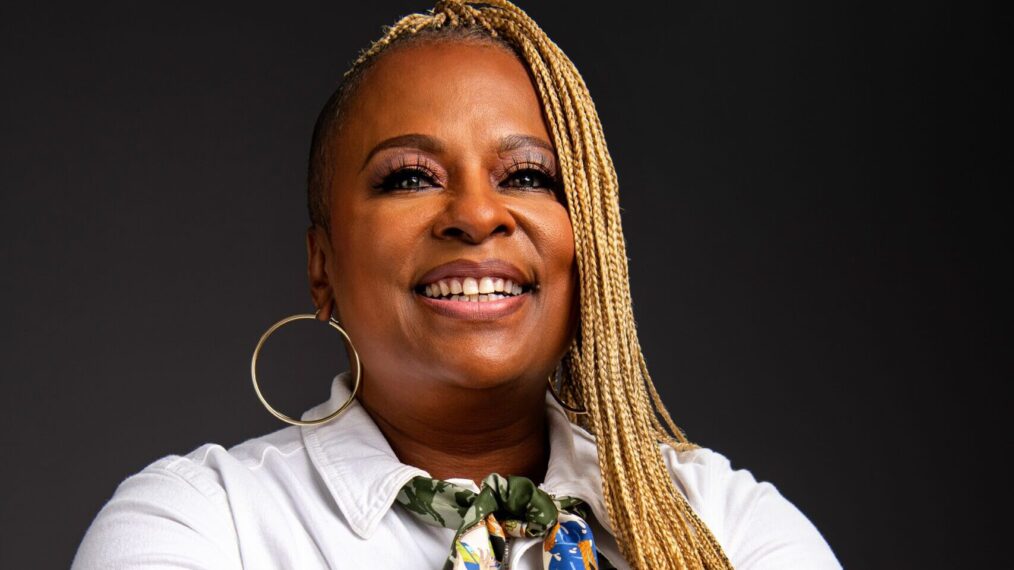
Q&A
LL Cool J and Ice T are on the hunt for lost memorabilia and artifacts in the A&E series Hip Hop Treasures. The two music legends hope to acquire these items for the Universal Hip Hop Museum, which opens to visitors in New York City in 2024.
Helping in their coast-to-coast mission are field collectors Yolanda “Yo-Yo” Whittaker and Cipha Sounds, along with Chief Museum Curator Paradise Gray and Curator Pete Nice, For Yo-Yo, a trailblazer in her own right, the search became a trip down memory lane exploring the history of a musical genre that celebrates its 50th anniversary in 2023.
“I’m so passionate about this art form,” the Grammy-nominated rapper and actress said. “Even though I know much of their music, in a lot of cases, I don’t know their story. I get to know that here.”
The series shines a spotlight on many of the greats through various pieces. Among them are Notorious B.I.G.’s “Juicy” music video jersey, Flavor Flav’s clocks, and DMX’s Aaliyah car. Also, assisting along the way are DMC of Run DMC, CeeLo Green, Flavor Flav, Fat Joe, Treach of Naughty by Nature, Master P, and Soulja Boy to name a few.
Here Whittaker opens up about what she got out of the experience and spending time with Gangsta’s Paradise” rapper Coolio shortly before his untimely passing in September 2022 from an accidental fentanyl overdose.
What did it mean to you to be asked to participate in this project?
Yo-Yo: I was stoked because I’m a fan of hip hop. The fact I get to go into these legendary artists’ homes. Some of them I’ve been fanning out about since I was a young girl. I get to go in and ask them questions and interview them on why things are so important to them and try to pursue them and take them back to the museum.
Tell us a big highlight for you from filming the series.
The episode we did with Coolio. Who would have ever thought that would be the last time? I think I was the last person to interview Coolio before they found him unconscious. We learned he loved to cook in our conversations. He talks about going through depression. He spoke so candidly and openly about the music industry and his frustrations. We talked about his family, his children. He stopped and showed me a picture of his grandbaby. There was a moment as if we had to remind each other that we were filming a show. The ride in the car to the studio with him to locate more artifacts was so deep. It was really interesting to have that conversation with Coolio. That was really big for me.
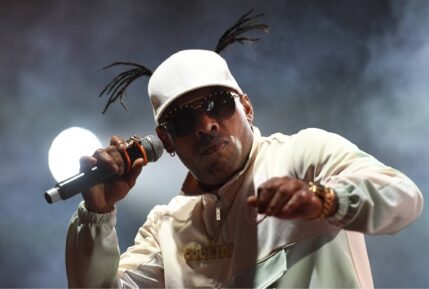
I think that really reinforces the importance of this show and what you all were doing. Trying to preserve the legacy of hip hop. That comes from speaking to those who helped make it what it is today.
It really does. It’s like when I went to New Jersey to sit with Trench of Naughty by Nature. Just the hunt for his artifacts. I can’t believe some of the places we had to go to find these artifacts. Just the hunt itself was a journey, but I loved it. I loved going into the communities riding with Treach. It was just different. I’ve traveled with Naughty by Nature, but I like to say every conversation I had was intimate in this setting. I think we pulled out a lot of great truths and pulled out things I didn’t even know after being in the industry for more than three decades.
If there was a piece of yours you would like to see displayed in the museum?
People love the “You Can’t Play With My Yo-Yo” video. I think the iconic moment that really touched everybody is to see Ice Cube turn around in that telephone booth saying, “You can’t play with my Yo-Yo.” If I can get that photo booth with the hoodie, I would love that. It’s a staple. I’ve given way the jacket from the video to the Rock & Roll Hall of Fame to celebrate 50 years of hip hop. This show really does help preserve our history for sure. I love LL Cool J because he has really taken ownership. We used to feel like the labels owned us. We had to really move in a way that we had to ask for permission. I think the fact we now own it, live in it, and don’t have to apologize for being loud and proud and crazy because people respect the history of hip hop more now.
With the 50th anniversary of hip hop, where would you say it has been? How would you say it shaped how the genre is perceived today?
Hip hop was very taboo with parents. I hear all the time from young people that with their mom, they had to hide tapes. Everything was sneaky-sneaky, hush-hush. You were sinning if you were listening to hip hop. I think these pioneers came way long before I did it without the recognition, funding, stylist, wardrobe, all of it. They really came in and chopped down trees for this genre and for it to be respected. We talked about a time when people got Grammys on the side of the stage. How disrespectful. They couldn’t even grace the stage at awards shows. Now this new generation has pushed through unapologetically, and fearlessly because we have given them confidence. The 50 years have given this new generation confidence.
Hip Hop Treasures premiere August 12, 10/9c, A&E

